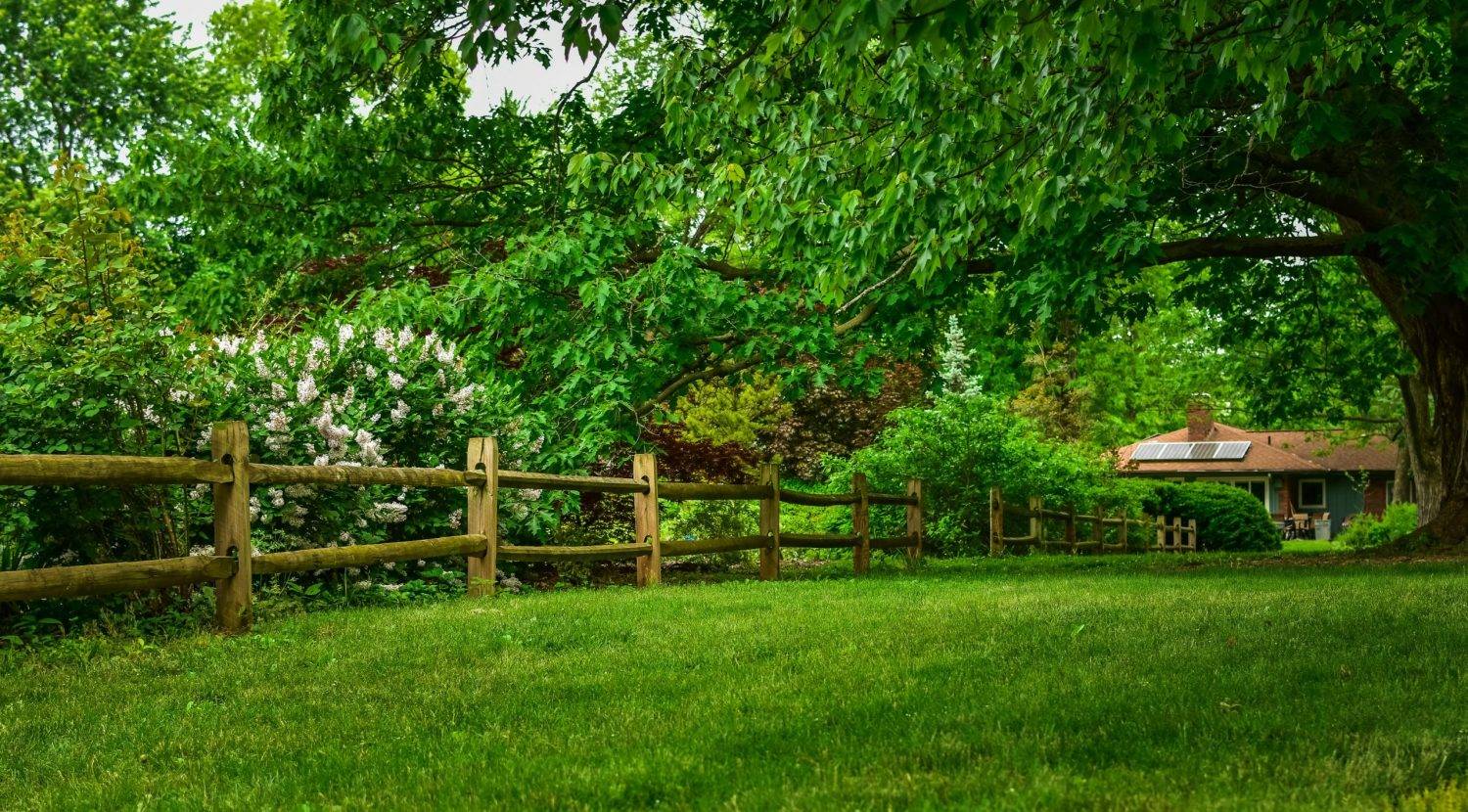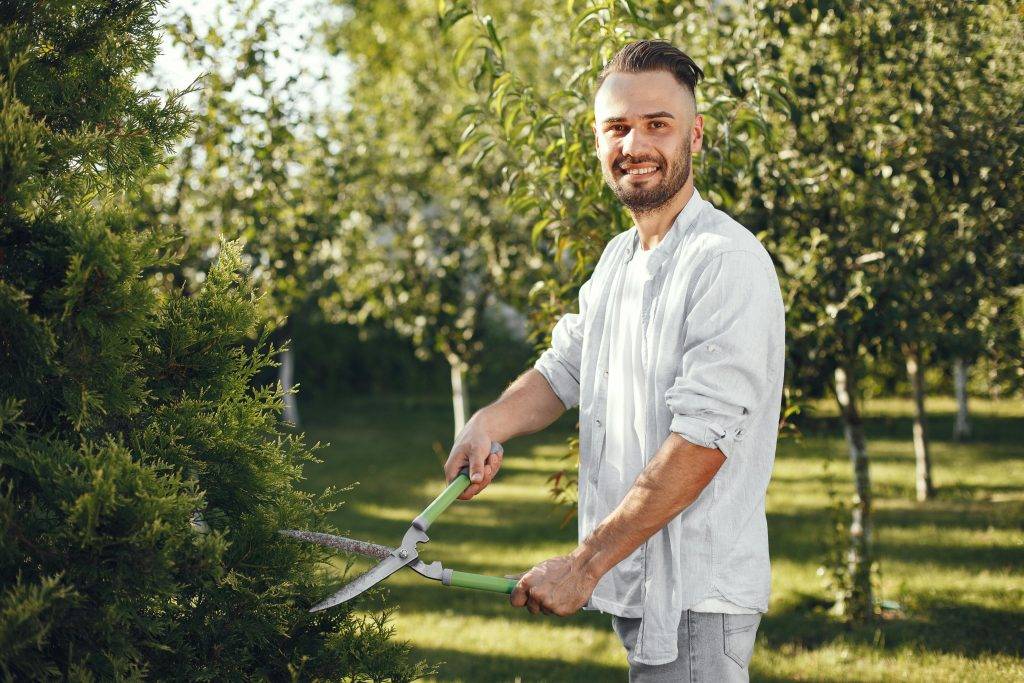Who Really Owns That Land? Understanding Adverse Possession in Georgia
In Georgia, there’s a quirky little law called adverse possession that can allow someone to claim ownership of land they don’t technically own—if they’ve treated it like their own for long enough and you didn’t step in.
Let’s say your neighbor has been mowing the side of your yard for years. Maybe they even planted flowers, put up a fence, or decided your vacant lot made the perfect extension of their garden. No big deal, right? Well… maybe.
Sound like something out of a neighborly soap opera? It happens more often than you’d think, especially in places like Macon and Middle Georgia where folks have big yards, country lots, and sometimes even inherited land that no one checks on regularly.
Here’s what every homeowner should know.

Adverse Possession: The Basics
Adverse possession, sometimes called “squatters’ rights,” is a way for someone to legally gain ownership of property by openly and continuously using it—even without the owner’s permission.
But don’t panic just yet. Your neighbor can’t take your land just because they raked the leaves once in 2018. The law in Georgia requires some very specific boxes to be checked.
What Georgia Law Says
Under Georgia law (O.C.G.A. § 44-5-161), for someone to successfully claim adverse possession, their use of the property must be:
Hostile – They used it without your permission.
Open & Notorious – Their use was obvious, not hidden. (Think fences, gardens, or regular upkeep.)
Exclusive – They acted like they were the only owner.
Continuous – They did this without interruption for the required period of time.
So how long is that period?
20 years without permission or paperwork.
7 years if they have what’s called “color of title”—like a faulty deed or incorrect survey.
That’s where the “seven years” rumor comes from.
Why Does This Law Exist?
Adverse possession isn’t meant to reward bad neighbors. The idea is to encourage land to be used and cared for. Vacant, forgotten, or abandoned land drags down neighborhoods. But land that’s fenced, farmed, or maintained—even by the “wrong” person—adds value.
It also helps clear up old disputes. If Grandma always thought her backyard extended past that oak tree, and the family has maintained it for decades, the law might eventually agree.
How It Plays Out in Real Life
Here in Macon, I’ve seen situations like:
The Cattle Fence – A farmer fences in an extra slice of a neighbor’s land for grazing. Twenty years later, the neighbor’s grandchildren find out the line isn’t where they thought it was.
The Backyard Stretch – A homeowner unknowingly builds a shed or fence across the property line and treats it as their own for decades.
The Forgotten Lot – An inherited piece of vacant land outside town isn’t visited or maintained, and a neighbor keeps it tidy for years, thinking it’s theirs.
In each case, adverse possession could come into play.
Protecting Your Property
Here’s the good news: losing property this way is completely preventable.
Check on your land. Even if it’s just a quick visit once or twice a year.
Maintain it. A little mowing, clearing, or signage goes a long way.
Put it in writing. If you let a neighbor use your land, give them written permission. That kills the “hostile” requirement instantly.
Act quickly. If you see encroachment, address it. Don’t let time pass.
What If a Claim Happens?
If someone does try to make an adverse possession claim, you’ll likely need legal help. Courts will look at surveys, tax records, and witness testimony. Most of the time, property owners win if they can show they gave permission or interrupted the use.
A Neighborly Note
Here’s the bottom line: Georgia’s adverse possession law exists, and it can be as short as seven years with paperwork, or twenty years without it. But it doesn’t mean your neighbor can just walk off with your yard tomorrow.
It does mean you should stay engaged with your property—whether it’s your home, a rental, or a piece of land you’ve inherited.
So keep an eye on your fences, check your surveys, and don’t be afraid to wave at your neighbor while you’re mowing. After all, good fences (and good property records) make good neighbors.




